Onion
The Essential Onion: Uses, Facts, Nutritional Benefits, and Tips
Introduction
Onions are a cornerstone of culinary traditions worldwide, prized for their unique flavor and versatility. Whether caramelized, sautéed, or used raw, onions add depth and character to a wide array of dishes. In this blog post, we will explore the different uses of onions, fascinating facts about them, their nutritional benefits, and some helpful tips for incorporating them into your meals. Finally, we will discuss the average price of onions.
Uses of Onions
Onions can be used in a myriad of ways, making them an indispensable ingredient in many kitchens. Here are some common uses:
- Raw: Onions add a sharp and spicy flavor to salads, sandwiches, and salsas.
- Sautéed: Sautéed onions serve as the base for many soups, stews, and sauces, providing a sweet and savory flavor.
- Caramelized: Slow-cooking onions until they caramelize brings out their natural sweetness and enhances their flavor.
- Grilled: Grilled onions add a smoky flavor and are a great addition to burgers, sandwiches, and salads.
- Pickled: Pickled onions are a tangy and crunchy topping for tacos, burgers, and salads.
- Baked: Onions can be baked into dishes like casseroles and quiches, or roasted whole for a sweet, tender side dish.
- Soup: Onions are the key ingredient in classic dishes like French onion soup.
Interesting Facts About Onions
- Onions are one of the oldest cultivated crops, with a history dating back over 5,000 years.
- The scientific name for the onion is Allium cepa.
- There are many varieties of onions, including yellow, white, red, and sweet onions.
- Onions are related to garlic, leeks, and chives, all belonging to the Allium family.
- When cut, onions release sulfur compounds that can cause your eyes to water.
- Onions have been used in traditional medicine for their purported health benefits, including antibacterial properties.
Nutritional Elements of Onions
Onions are not only flavorful but also packed with essential nutrients. Here are some key nutrients found in onions:
- Vitamin C: Onions are a good source of vitamin C, which supports the immune system and promotes healthy skin.
- Antioxidants: Onions contain various antioxidants, including quercetin, which help protect against oxidative stress.
- Fiber: Onions provide dietary fiber, which aids digestion and helps maintain a healthy gut.
- Vitamin B6: Vitamin B6 is important for brain development and function.
- Folate: Folate is essential for DNA synthesis and cell growth, particularly important during pregnancy.
- Potassium: This mineral helps regulate blood pressure and supports heart health.
- Sulfur Compounds: Onions contain sulfur compounds, which are responsible for their distinctive smell and taste, and have potential health benefits.
Helpful Tips for Using Onions
- To reduce tearing when cutting onions, chill them in the refrigerator for 30 minutes before chopping or cut them under running water.
- Store onions in a cool, dry, and well-ventilated place to prevent them from sprouting and spoiling.
- Avoid storing onions near potatoes, as they can cause each other to spoil more quickly.
- When caramelizing onions, cook them slowly over low heat to bring out their natural sweetness.
- To remove the smell of onions from your hands, rub them with a stainless steel utensil under cold water.
- Experiment with different types of onions in your cooking to discover their unique flavors and uses.
- Use leftover onion scraps to make homemade vegetable broth for added flavor.
Average Price of Onions
The price of onions can vary depending on the season and location. On average, fresh onions typically cost between $0.50 and $1.00 per pound in the United States.
Cost: 0.50 and 1.00 $
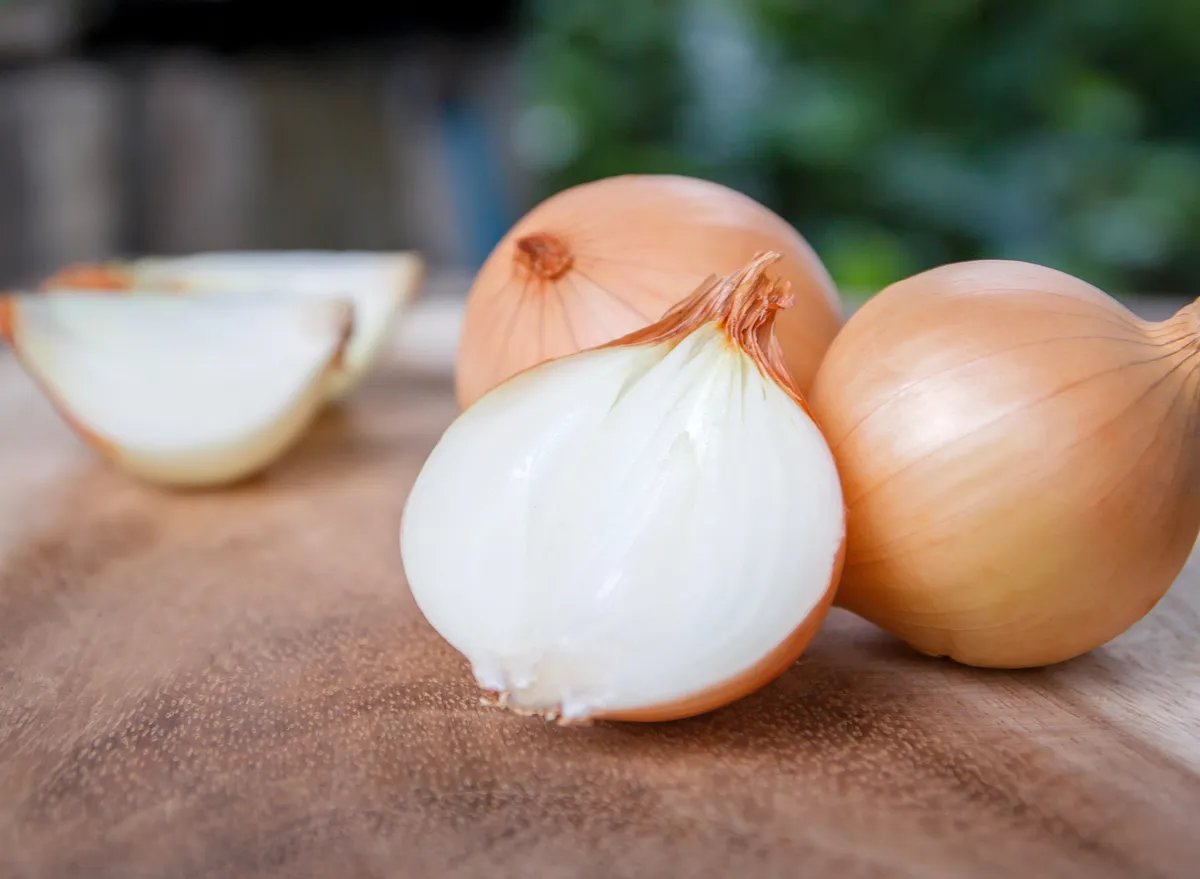
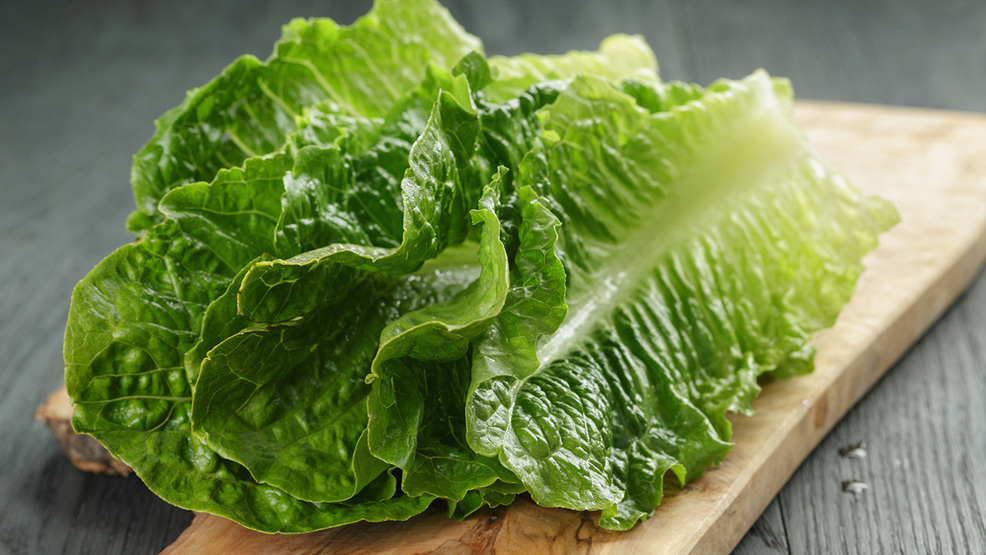

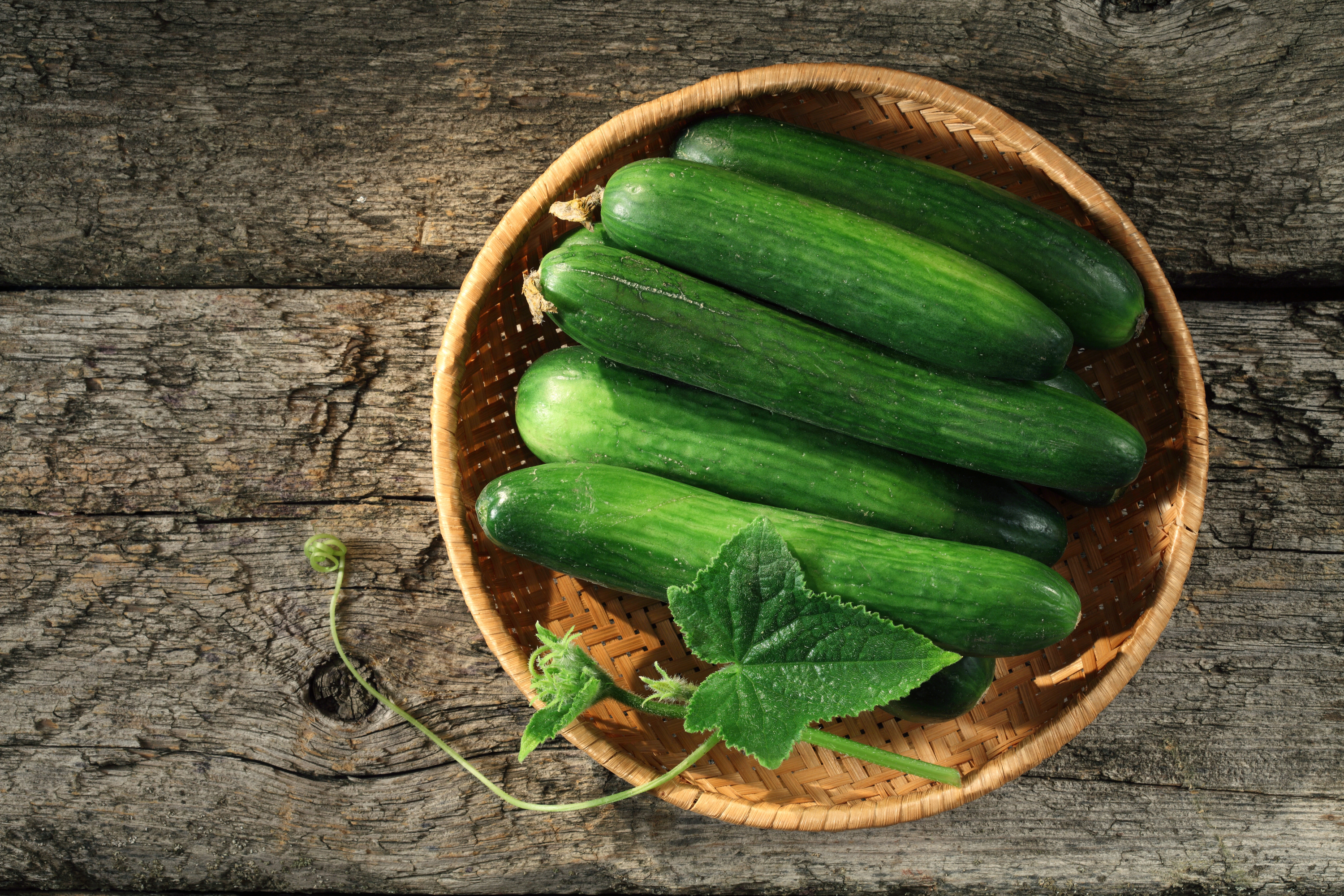




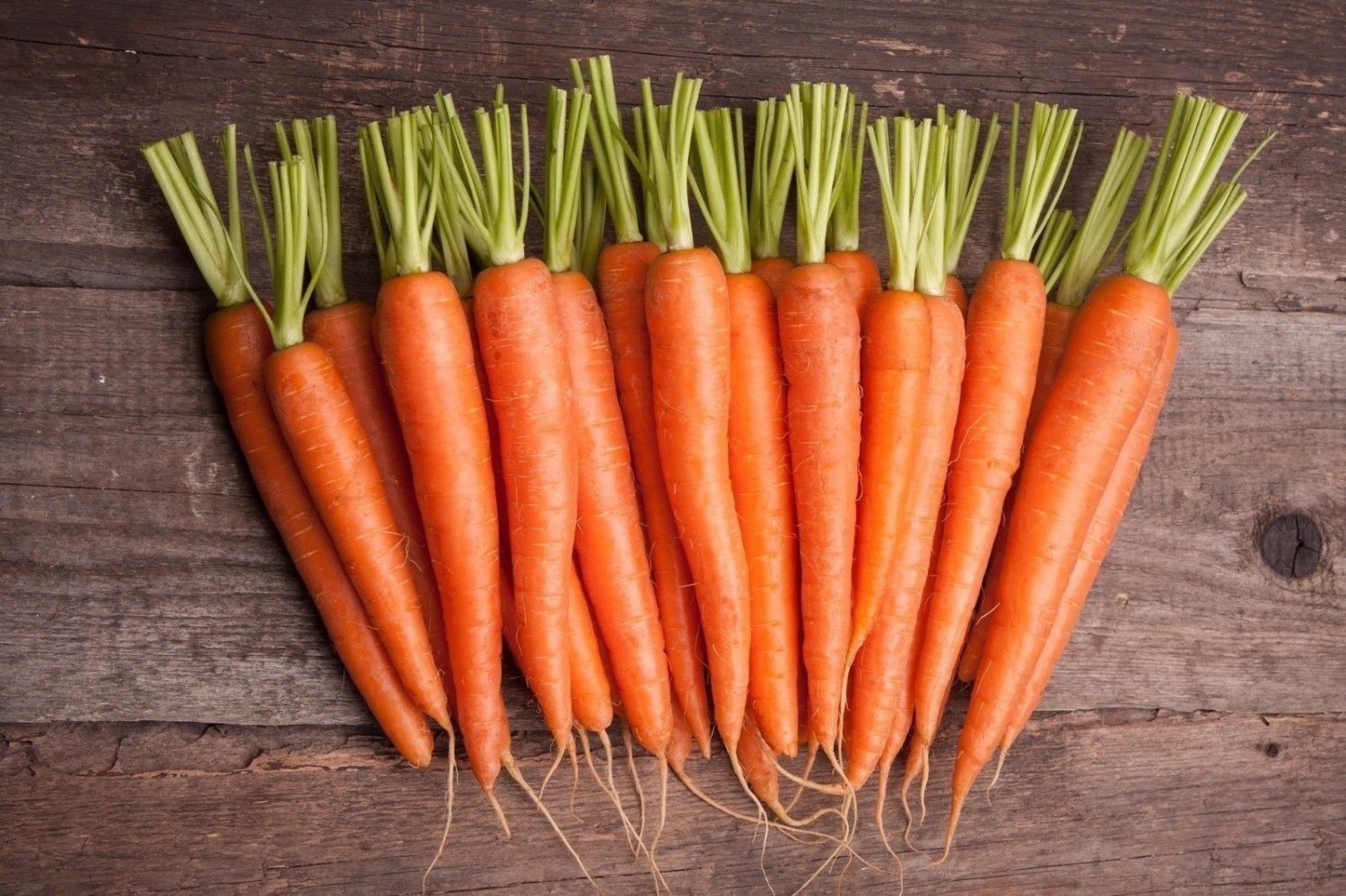
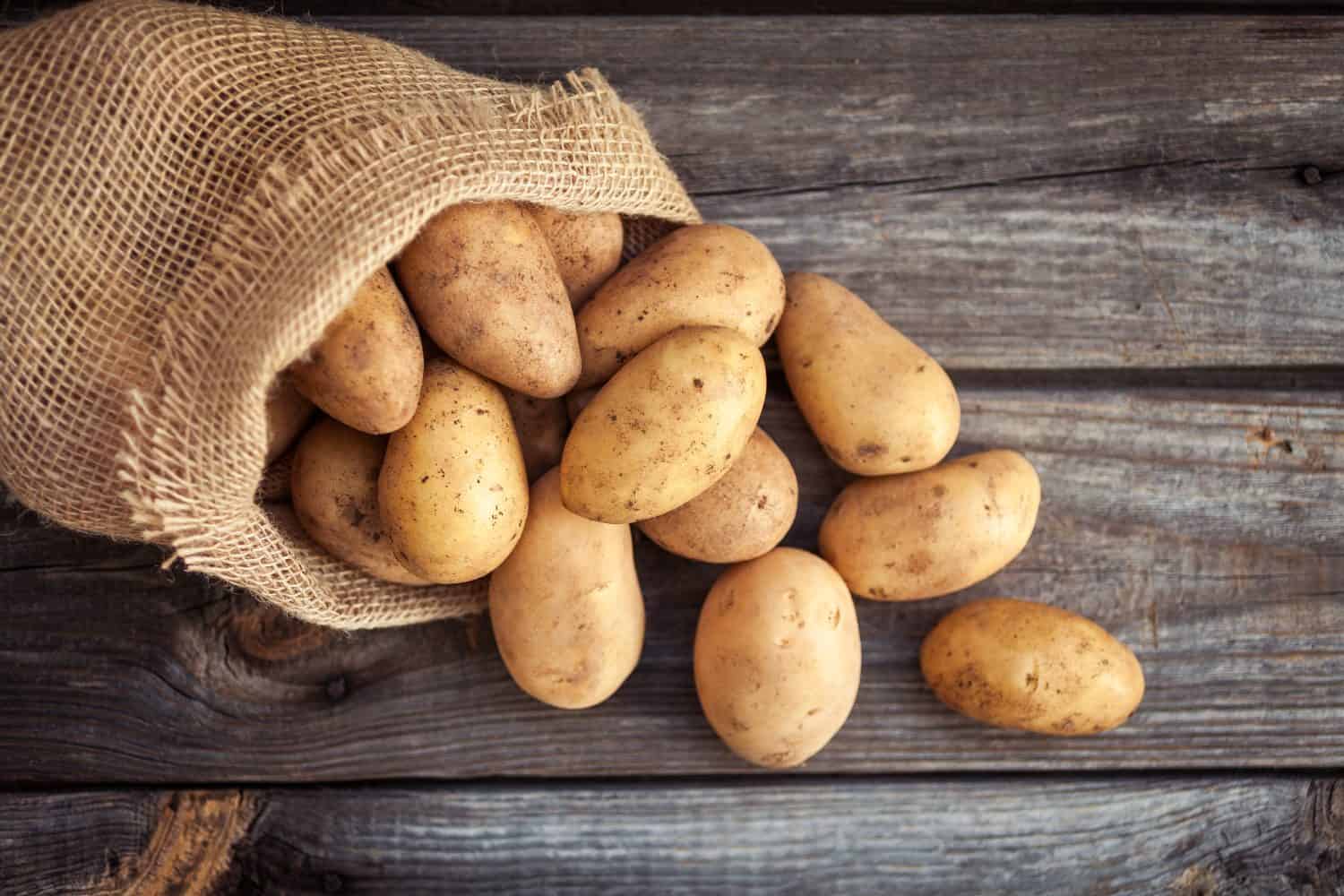
0